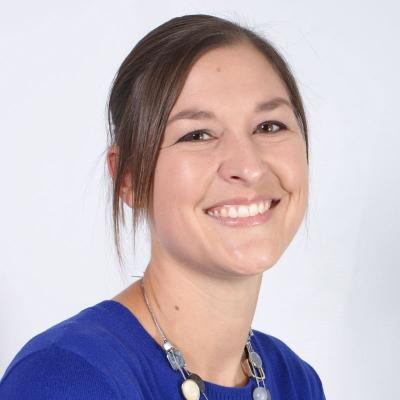
Anne Marjenin
Curator of Collections
Ms. Marjenin is an archaeologist and the Curator of Collections at Mercyhurst University. She has participated in archaeological field projects at various sites in the United States, and in recent years, has engaged in collaborative field research in western Pennsylvania. Ms. Marjenin provides teaching support to the Anthropology/Archaeology program in the Department of Anthropology and World Languages. Her courses focus on archaeological field methods, student field training, and archaeological curation.
About Anne Marjenin
- M.S., Mercyhurst University
- B.S., Mercyhurst College
- ANTH 130/131: Archaeology (Lecture and lab section)
- ANTH 224/225: Archaeological Field Methods (Lecture and lab section)
- ANTH 226: Archaeological Field Training (6-week summer field experience)
- ANTH 233: Collections and Curation Management (Lecture)
- ANTH 357: Bioarchaeology (Lecture)
- ANTH 480: Research Experience (Advisor for independent student research project)
- The Anthropology/Archaeology program provides undergraduates with unique and diverse experiential learning opportunities in a variety of settings within the region.
- Undergraduate students who have an interest in outdoor learning environments may enjoy enrolling in Archaeological Field Training (ANTH 226).
- This 6-week experiential learning class provides students majoring in anthropology and archaeology with the opportunity to actively engage in an archaeological excavation.
- With an emphasis on responsible practices and stewardship, in this course students learn and apply field techniques and protocols employed by archaeologists in research and cultural resource management settings.
- During this 6-week period, students develop technical, critical thinking, and communication skills by:
- Engaging in collaborative project-related partnerships
- Learning to document archaeological contexts and collect field data
- Participating in post-field laboratory processing and analytical activities